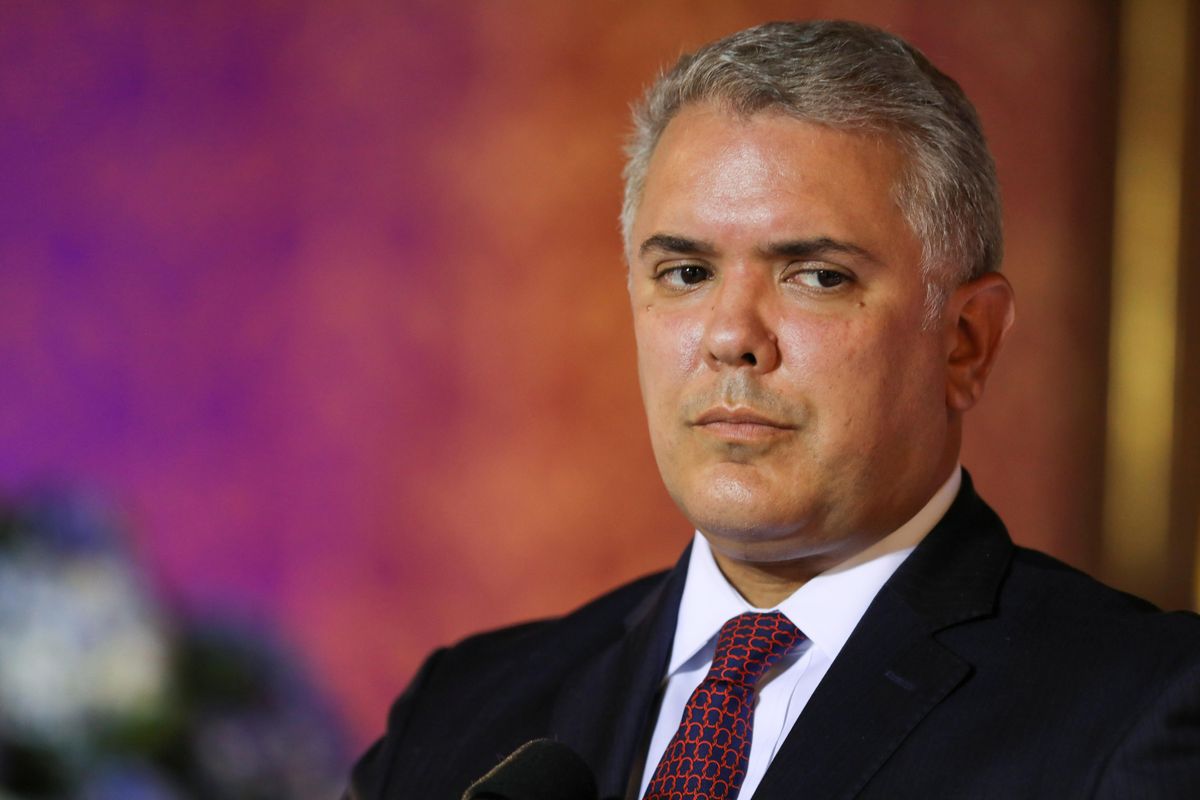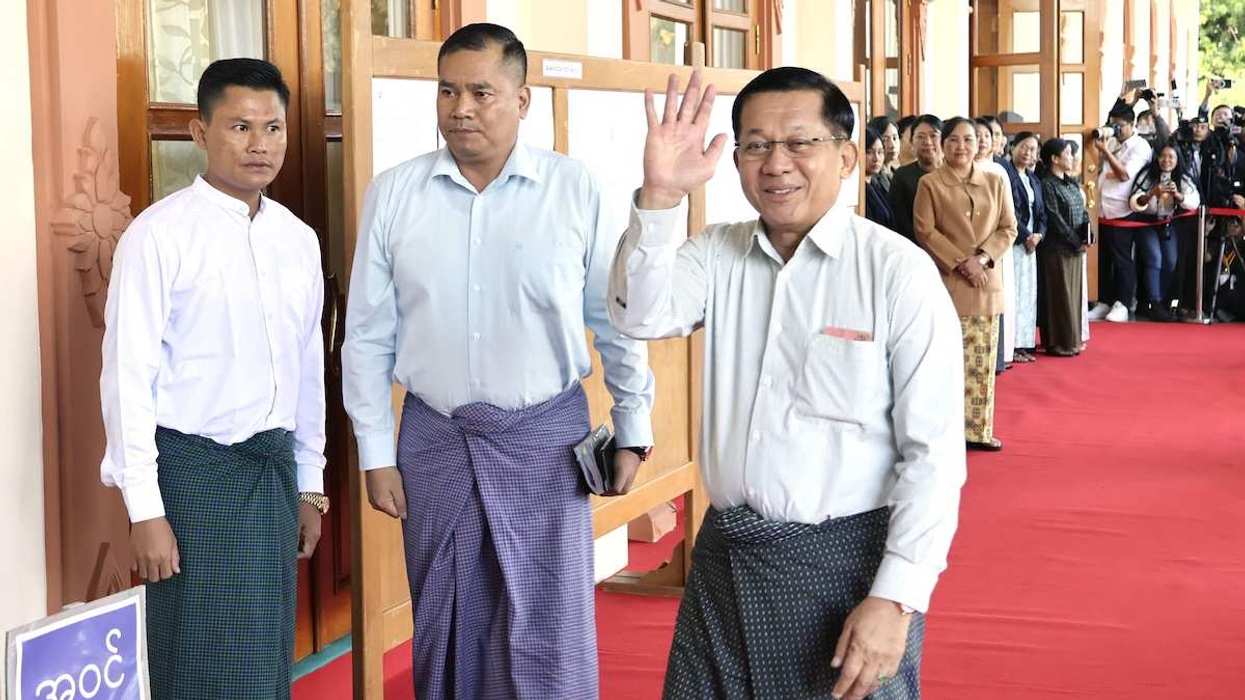Colombian President Iván Duque earlier this week announced that as many as 1.7 million Venezuelan migrants currently in Colombia will now be authorized to live and work legally in the country for ten years.
As humanitarian gestures by world leaders go, it's hard to find something on this scale in recent history.
German Chancellor Angela Merkel's fateful "Wir schaffen das" (We can do this) decision in 2015 allowed up to one million refugees to apply for asylum. Duque's move, by contrast, welcomes nearly twice that number of people to stay for at least a decade.
Bold as it is, it could also be deeply unpopular. To refresh, Colombia has received almost a third of the roughly 5 million Venezuelans who have fled economic collapse and political chaos in their home country in recent years. That's more than any other country, by far.
And while many Colombians were initially welcoming to their neighbors in need — in part because in the 1980s and 1990s Venezuela was a refuge for millions of Colombians fleeing violence themselves — attitudes have hardened over time.
Two thirds of Colombians now oppose Venezuelans staying in Colombia, and three quarters say the Venezuelan border should remain closed even after pandemic-related entry restrictions are lifted, according to a January survey by the Medellín-based pollster Invamer.
In part that's because of economic concerns: with the official unemployment rate at close to 16 percent, many Colombians worry about competition to find jobs. Social media-fueled rumors about Venezuelans being responsible for crime spikes in Colombia's big cities have added to the stigma, even though — like most social media rumors — they've been disproven.
Normalizing the status of 1.7 million people will doubtless add to those pressures, while also potentially encouraging more refugees to come if they think there will be further amnesties of this kind in the future.
So why is Duque — struggling with a mere 36 percent approval rating — doing it? For one thing, there are moral and even international legal arguments for the obligation to protect refugees. But there is also a very strong practical one: what's the alternative?
While some Venezuelan refugees have opted to return home — as GZERO media found last July — the overwhelming majority will stay.
Giving them a way to do so legally makes it possible for them to join the formal economy, where they can earn normal wages, receive benefits, and pay taxes. And it gives the state the ability to better keep track of who is in the country and where. Importantly, once they have status, they will be eligible for COVID vaccines — a subject of some recent controversy when Duque said that undocumented Venezuelans wouldn't get the jab.
The alternative is to leave close to two million people in a state of legal and financial limbo, increasing their desperation, making it easier for them not only to undercut Colombian workers, but to be targeted and recruited by criminal groups.
It's by no means an easy decision, and Duque could yet pay a steep political price. What would you have done if you were Duque? Please let us know.

















